When Rufio West opened his van door and sat for me and my camera, he started to chuckle. “I’ve just realized this is my third photo shoot this month.”
The day before he modelled for an outdoor brand, and two weeks earlier for a friend’s new climbing gear company.
It’s no surprise. His nomadic van-dweller lifestyle, impressive climbing abilities and the stunning Squamish backdrop are compelling. And a perfect fit with the District of Squamish’s tagline “Hardwired for Adventure.”
West isn’t alone in choosing to live in his vehicle on the streets, empty lots or nearby forest roads around Squamish. It’s tough to establish firm numbers, but estimates have placed the number of people living in vans or campers in the hundreds. Almost 170 people responded to a survey by the Vehicle Residents of Squamish association, with 104 identifying as permanent residents.
Freedom and affordability are key, especially when the apartment vacancy rate is close to zero and the average condo price is about $470,000.
Not all residents like the idea. Squamish council has received complaints about garbage being dumped, human waste and large crowds of “freeloaders.”
In the summer of 2019, Squamish council proposed a ban on all camping and vehicle dwelling outside official campgrounds. The plan was abandoned after vehicle residents protested and presented council with alternatives. Instead, camping was banned in two “at risk” areas.
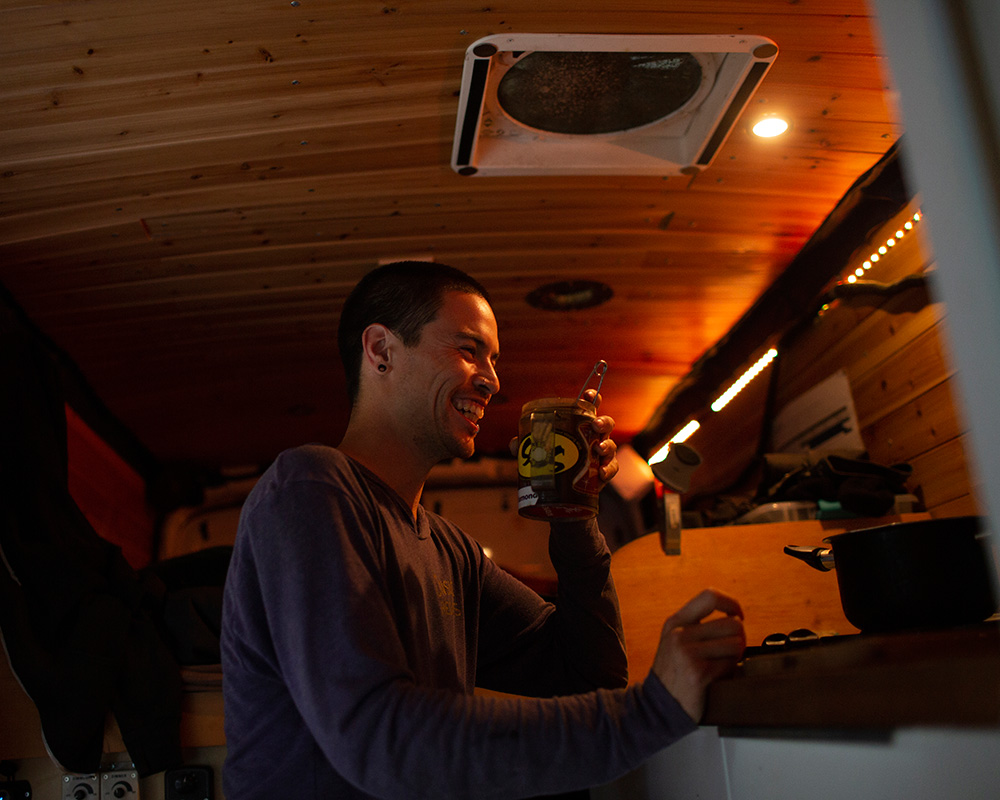
However, in July the District of Squamish revived the idea of a blanket ban, saying it was a measure to minimize health risks from COVID-19.
West doesn’t believe vehicle dwellers pose more of a pandemic risk. “I don’t buy it because we all wash our hands, we have sanitizer, we have access to water.” He says he frequently witnesses weekend visitors from Vancouver congregating in large groups, often not socially distancing. “They’re acting as vectors from other communities.”
West says the bylaw especially hurts vehicle dwellers with mental health issues, saying there are at least 20 such van residents and possibly more. “There needs to be assistance for them instead of punitive action,” he said.
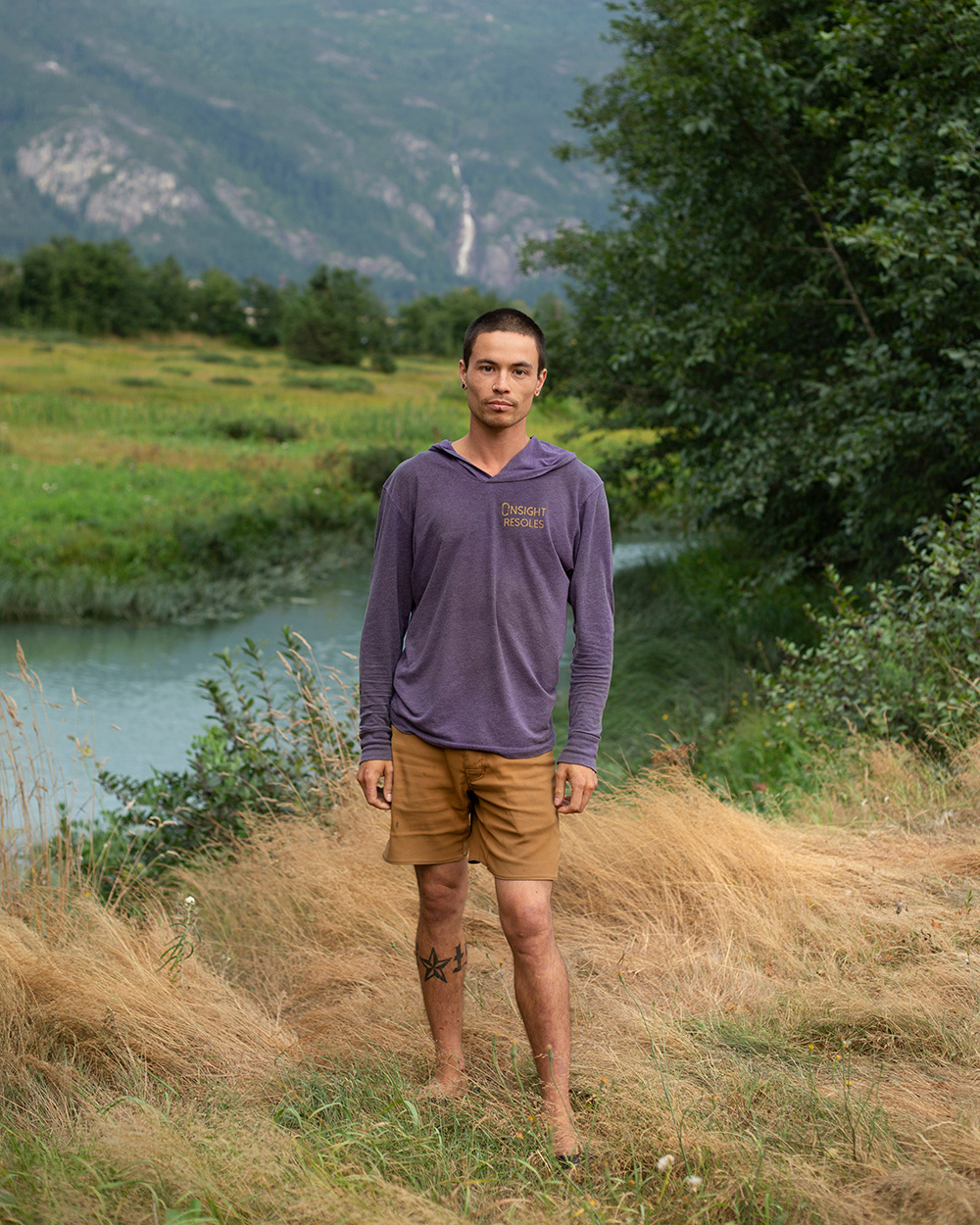
West shifted to van life after he was hit by a car in Vancouver, which left him with chronic pain disorders. He could no longer work in his field — he has a master’s in climatology — because it required long stints at a desk, which increases his pain.
Instead, he became a cocktail bartender, working part-time because of his physical limitations. When he won a settlement after a seven-year legal battle, he bought a Ford Transit van to provide affordable housing. He focuses on climbing, one of the only hobbies he is still able to do.
The district proposes that vehicle dwellers like West use the Municipal Campground at Loggers Lane, where there are 35 single camping spots. The rate is $200 per month for “anybody experiencing economic hardship.”
It’s unclear how banishing individuals to a single campground is consistent with the district’s claim the ban is motivated by a desire to prevent the spread of COVID-19 — especially when most of the van dwellers will be travelling into town for work, groceries and so on.
For now, both homeowners and vehicle residents must wait. A vote on the proposed ban has been postponed until sometime this fall.
I spoke with Squamish vehicle residents to find out what drew them to van living, what the ban will mean for them and what they propose as a solution.
Thomasina Pidgeon has lived in her van in Squamish for over 20 years. She is a business owner who currently works 72 hours per week as she can’t afford to hire staff at the moment.
She was drawn to van living because she loved the idea of being forced to spend time outside. Once she made the change, she discovered her passion for climbing; she’s now a bouldering megastar. Having a home on wheels enabled her to take several climbing road trips.
Pidgeon says there is no way she could afford rent both for her business and a place to live. And a more nomadic life is a way of improving her well-being. “If I was stuck in one place, like a house, walking to work every day, I wouldn’t be very mentally happy. I like having the option to change my scene, even if it’s only one block away.”
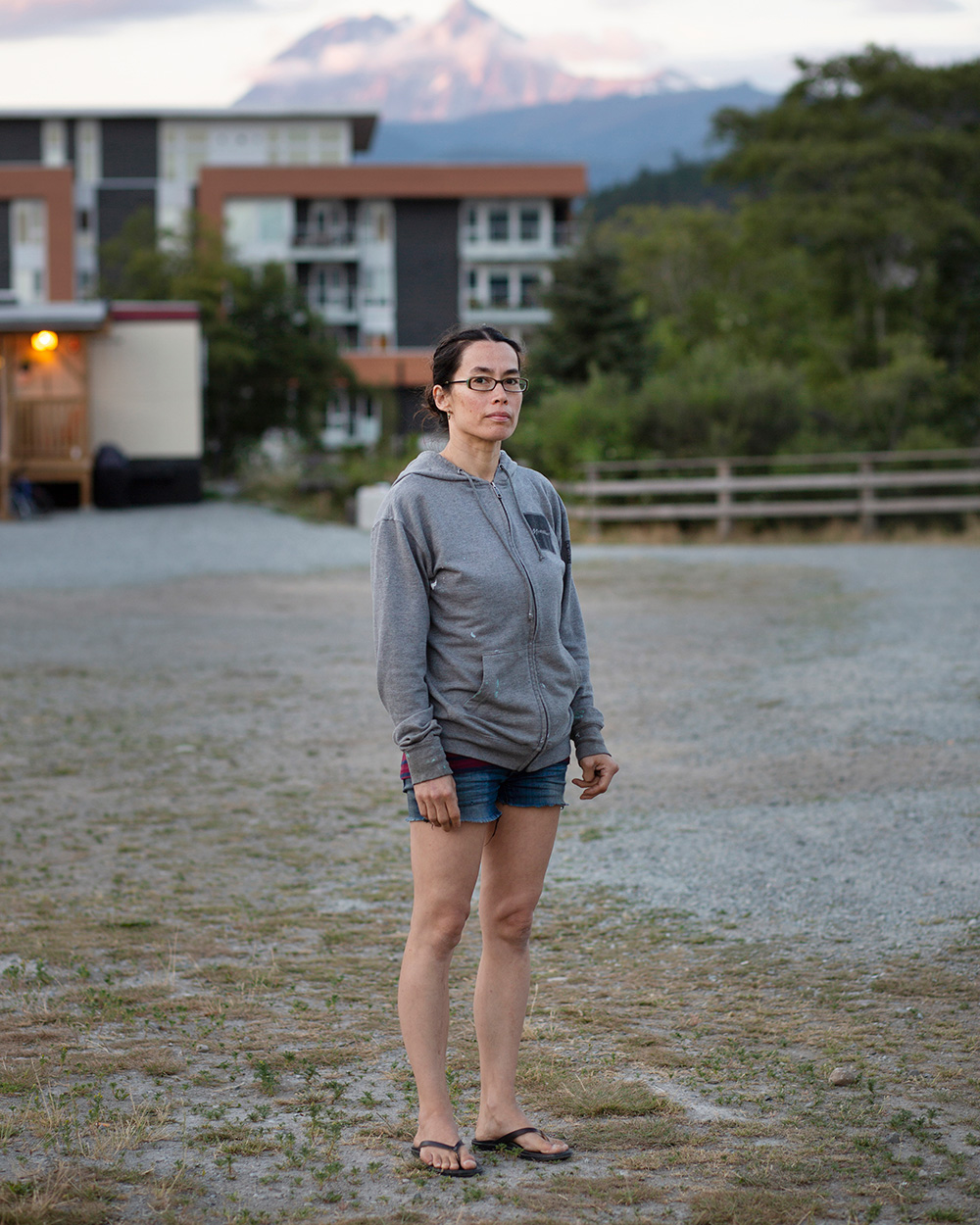
She lives with her 13-year-old daughter in a 1998 Toyota Sienna. “She likes it, but we need more space,” Pidgeon says. “I’m really hesitant to get a bigger van because I’m going to be more targeted.”
Many Squamish residents see vehicle dwellers as unemployed freeloaders, Pidgeon said. But different kinds of people live in vans, from doctors to people who work for the district. “They just don’t know us, and I think that’s a huge problem.”
A blanket ban would make that divide even worse, she said, as house dwellers might call to report a van parked anywhere — even in the daytime.
When the amendment to the current camping bylaw was being considered, letters to council showed many residents supported the blanket ban, though the majority appeared to be opposed. Concerns ranged from complaints some van residents dumped garbage in communities to a general fear of the unemployed.
A Burnaby resident warned Squamish house dwellers: “At night, after the campers load up on drugs, they then go out to steal from the closest homes.” Another resident shared their concern: “The fecal matter that is left behind to sicken not only the environment but also our pets, and just the overall unsightly crowd of RVs/vans clearly camping on public roads or car parks is terrible.”
Travis Foster believes climbers living in their vans are too often wrongly blamed for the garbage and feces found on trails. “We are much more connected to our environment than I think people realize, and it’s because we pursue the environment for our passion.”
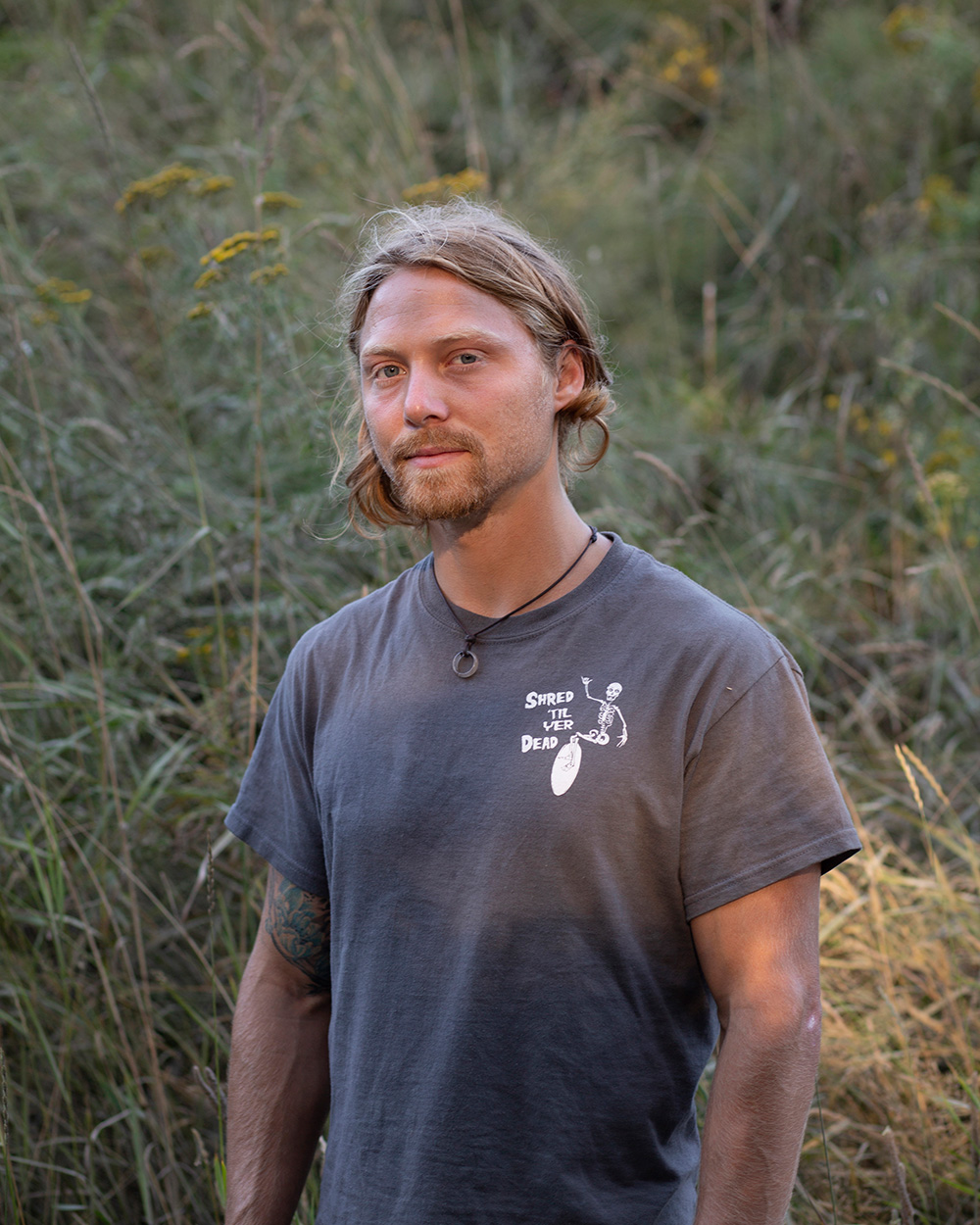
Foster agrees there is an issue with feces on the Mamquam Forest Service Road, a popular parking spot on Squamish’s northeast side. But he says out-of-town visitors are the problem. He would like to see more portable toilets during the summer to support the number of visitors in RVs and vans.
Foster says vehicle living is tough in the winter, and it’s made more difficult by feeling removed from the community. Foster is a big-wall climber and full-time labourer. Living in his Ford E-150 van allows him to save money for climbing road trips.
He worries Squamish will be the next Tofino, where it’s difficult to find anywhere to stay in a van without having to pay for a campground. “It kind of makes sense, because their economy is so stimulated by hotels and campgrounds, but we don’t have that here in Squamish.”
Squamish is in an unprecedented position to nurture van life culture alongside economic growth, he said. “I see a pattern with neat creative communities where there is an artisan fringe culture which gets noticed, and then people come and want to be involved in it but end up gentrifying the character.”
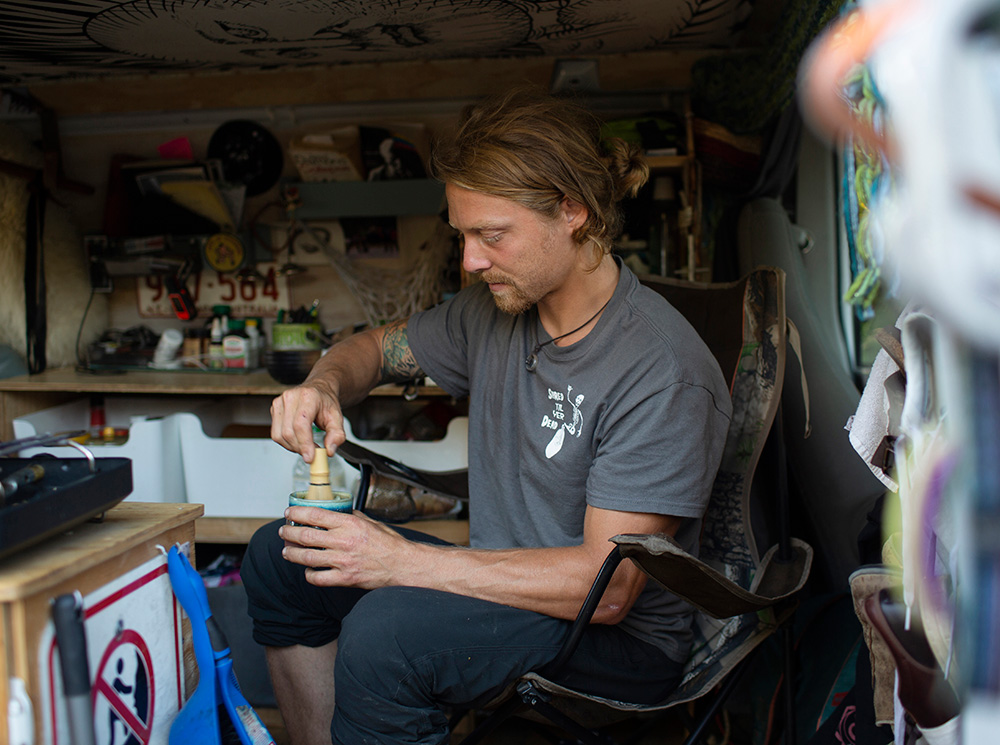
Foster, who has been accepted into the University of British Columbia’s human geography program, hopes Squamish can “do something that hasn’t been done before” by preserving non-traditional ways of living as the community grows. “That would be so cool.”
Yuki Kuroda, from Japan, moved to Squamish eight years ago for its world-class climbing. She received permanent residency support from the Japanese restaurant Sushi Sen, where she worked for over seven years. Kuroda spent most of that time renting in Squamish but had difficulty finding a long-term stable home.
“It was just bad luck,” she tells me. One landlord got a job in Victoria and had to cancel her lease. Another became pregnant and needed the extra room for her baby. “It just kept happening for about like 10 times,” she says.
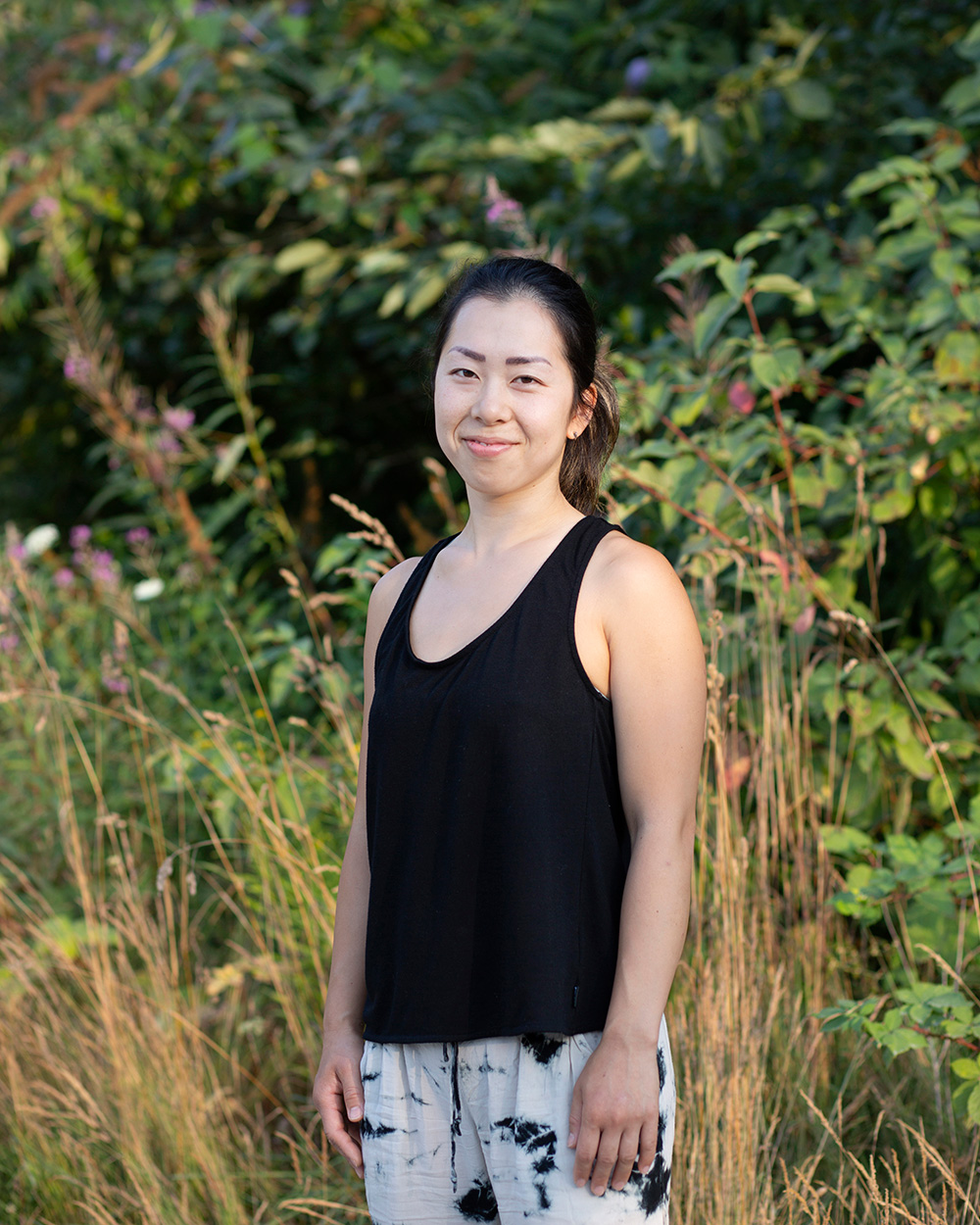
Finally, Kuroda decided to invest her money in a Mercedes Sprinter van. “I wanted to do something more than just working in the restaurant in my life,” she said. “So if I were to get a job in Vancouver or any other city, it’s easier to move with the van.”
She has a five-year mortgage on the vehicle. Once it’s paid off, she has the option of selling it and using the money for a downpayment on a home, she said.
Kuroda now works full-time at Climb On, a Squamish climbing shop. She thinks it’s reasonable that vehicle residents pay some alternative to property tax and would be happy to pay for a permit if a system was in place.
But Kuroda doesn’t believe the Municipal Campground is the solution. It has limited capacity and costs too much, she said, and in the past has attracted weekend groups that have a tendency to be loud. In previous years, the gates have closed at 9 p.m., making it unsuitable for anybody working or climbing until late.
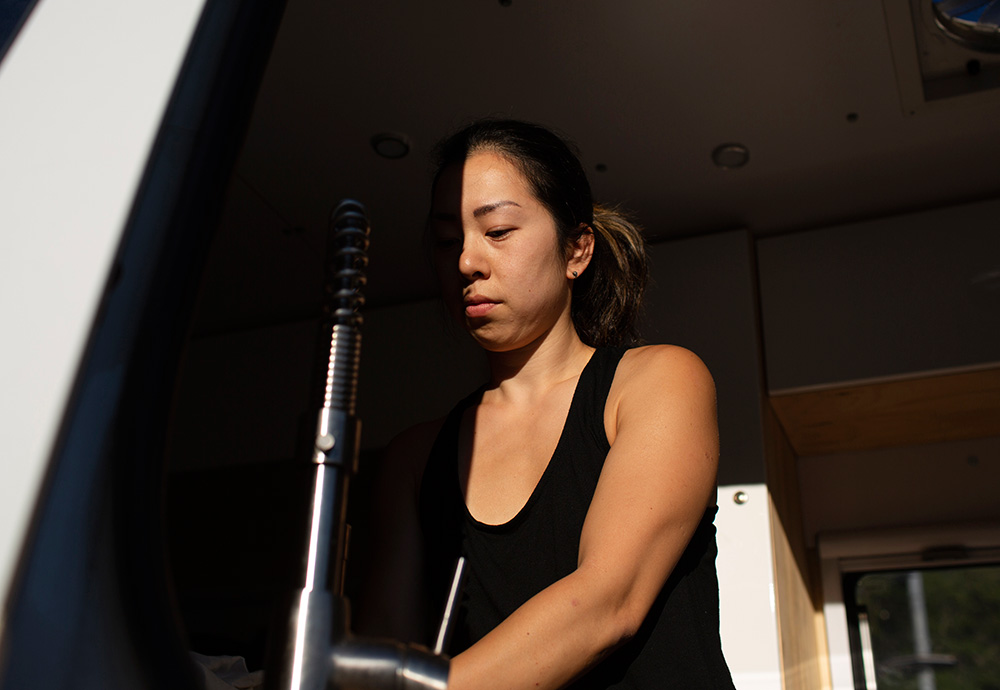
An affordable campground dedicated to long-term residents could form part of a long-term solution. But it doesn’t reduce the COVID-19 risk.
For more than a year the Vehicle Residents of Squamish community group has been suggesting a number of long-term solutions to council. The most significant is their proposal of a system that would let long-term Squamish vehicle residents purchase permits from the district that allow them to park overnight, legitimizing their status in the community and reducing stigma. Vehicles displaying permits would become traceable, allowing the district to take action against bylaw violators, or those not displaying a permit.
All residents I spoke to agreed that more education is needed on ways to reduce peoples’ environmental impact — not just for vehicle dwellers, but for house dwellers and tourists. Increased access to public facilities, such as garbage bins, washrooms or portable toilets is also needed, particularly in summer when Squamish experiences a spike in visitors. The Vehicle Residents of Squamish recently organized a community clean up as part of their commitment to responsible outdoor etiquette.
The van life battle highlights much bigger issues, including the way soaring rents and housing prices, which have already pushed people out of the Lower Mainland, are now spreading to places like Squamish. And issues of inclusion and diversity that are raised when communities effectively ban low-income residents.
Responding appropriately to COVID-19 is important, but it shouldn’t become an excuse to promote fear and distrust or legitimize discrimination.
The decision around van living — when it eventually comes — will be a decision about the kind of community Squamish wants to become.
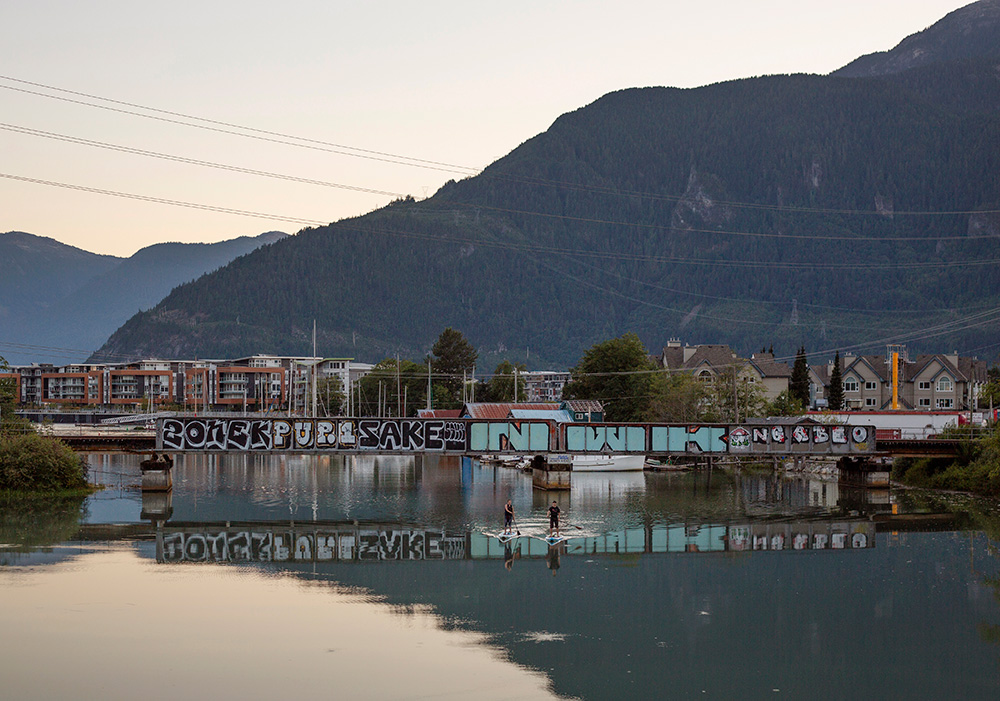
I asked vehicle residents where they see themselves in five years.
Rufio West said that depends on these kinds of decisions.
“If Squamish is an inclusive, diverse community, I will want to be here to contribute and support that community,” he said. “But if it turns into a gentrified bedroom community that doesn’t support those with lesser means; that doesn't include people with different ideas of life, I don't know that I want to be a part of that. And I love so much of what this place has to offer.”
Travis Foster said he still hopes to be in Squamish.
And after some moments of reflection, Thomasina Pidgeon saw a different future. “I think I might just go back to Newfoundland where it’s nice and quiet.”
*Story edited Sept. 4 at 7:45 p.m. to remove comments in response to concerns from a source. ![]()
Read more: Transportation, Housing


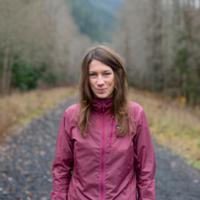
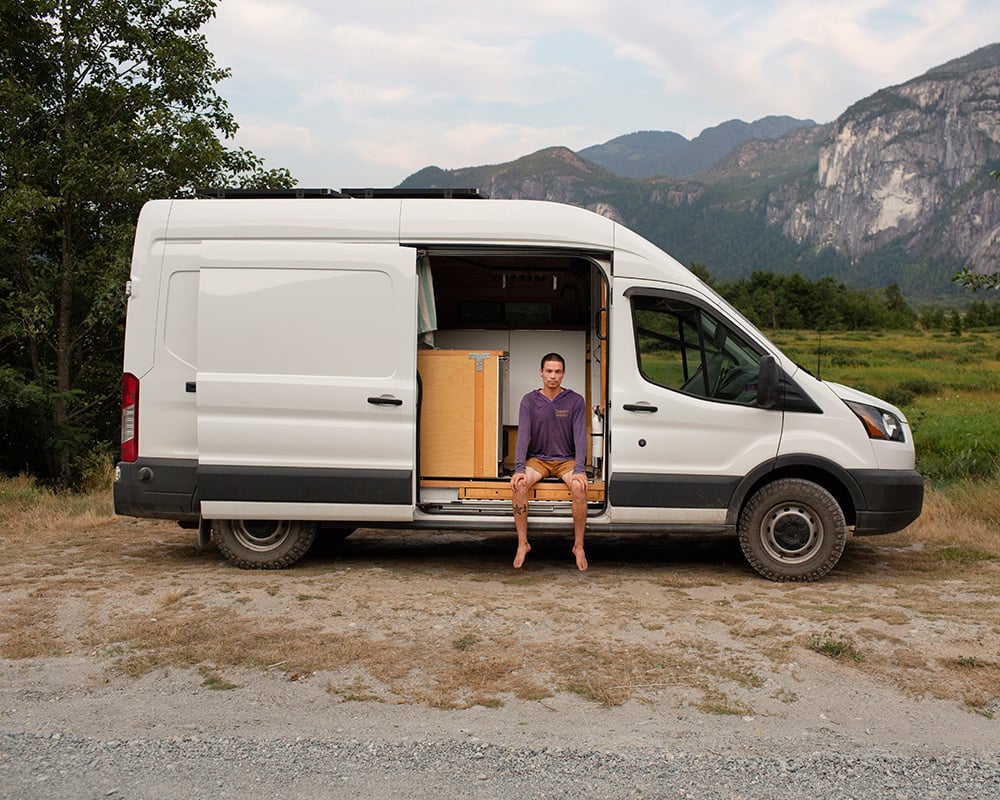












Tyee Commenting Guidelines
Comments that violate guidelines risk being deleted, and violations may result in a temporary or permanent user ban. Maintain the spirit of good conversation to stay in the discussion.
*Please note The Tyee is not a forum for spreading misinformation about COVID-19, denying its existence or minimizing its risk to public health.
Do:
Do not: